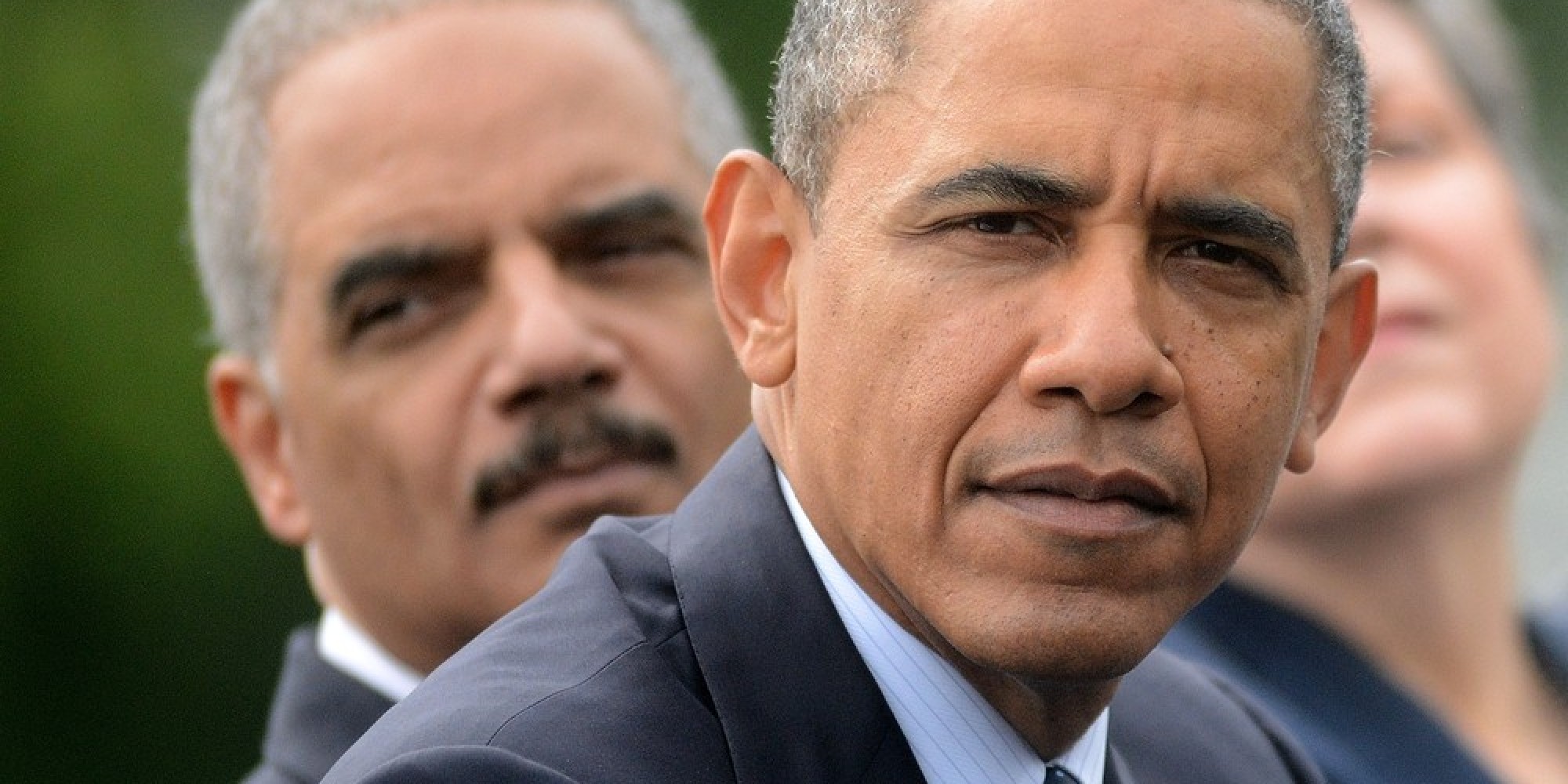When I was growing up, my family knew several FBI agents. They were straight arrows, men of integrity — the embodiment of the agents in movies depicted by Kevin Costner and Jimmy Stewart.
Sadly, that sterling reputation has become tarnished.
I have spent the last few months trying to figure out what has changed in the culture of the FBI such that its top executives would thrust the bureau into elections. I have read hundreds of articles and documents as well as interviewed many former employees of the DOJ and the FBI. I have concluded that two pivotal events dramatically changed the culture of the FBI and paved the way for its top executives to insert the bureau into politics.
FIRST PIVOTAL EVENT: HOOVER’S DEATH
The death of J. Edgar Hoover in 1972 brought about a total change in the culture of the FBI. A good friend who served as an FBI agent for over two decades gave me a cogent explanation of how Hoover’s death opened the door to political maneuvering within the bureau.
Politicians in both parties decided that they had to prevent future FBI directors from holding their "indiscretions" over their heads as Hoover had done. William C. Sullivan, the third official in rank under Hoover’s regime, explained: "The moment [Hoover] would get something on a senator, he’d send one of the errand boys up and advise the senator that ’we’re in the course of an investigation, and we by chance happened to come up with this data on your daughter. But we wanted you to know this. We realize you’d want to know it.’" The politicians got the message: Don’t cross Hoover, or your dirty laundry will be exposed. (READ MORE: The Real Legacy of J. Edgar Hoover)
To avoid being leveraged by future directors, President Richard Nixon and leaders of both parties decided that from that point forward directors of the FBI would be weak leaders.
Clarence M. Kelley was appointed as the first post-Hoover director. He was a nebbish who was a good fit for what the politicians were seeking. He had been chief of police in Kansas City, where he had managed a $23 million budget and a few dozen investigators. After Kelley was appointed director, he had to manage the FBI’s budget of about 15 times that amount (over $336 million) and oversee several thousand agents, plus thousands of support personnel.
My friend, the former agent, went on to explain that under Hoover the FBI was a paramilitary organization — a pyramid with Hoover at the top as the dominating presence. Following Hoover’s death, the top of the pyramid was lopped off, leaving a vacuum.
If Kelley had been a strong leader, he would have filled it. However, because he wasn’t, the top FBI executives on the seventh floor of the FBI headquarters isolated him so that they could control the flow of information sent to Kelley. They cut him off from what was actually happening in the field and treated him like a mushroom: in the dark and covered with manure.
They were ambitious, and they soon were maneuvering to replace Kelley as a new director. The senior executives began cozying up to rising-star politicians who would appoint one of them director of the FBI if elected president.
These ambitious bureaucrats earned the gratitude of those political patrons by investigating their potential opponents, digging for dirt on the rivals and their family, close advisers, and major contributors. In essence, they were political "hitmen" looking to target their chosen politician’s challengers.
The FBI bigwigs leaked word that the opponents and their supporters were under investigation, hoping that the stories the FBI planted "on background" would cause the supporters to abandon helping the rival.
A good example of the impact these underhanded tactics have had on politics is the prosecution of former Virginia Gov. Bob McDonnell. McDonnell’s prosecution was thrown out by a unanimous Supreme Court. However, the court’s decision came long after McDonnell’s hopes of becoming president had collapsed.
To get a good picture of how such dishonest tactics are used against innocent people, I recommend renting the movie Absence of Malice, which stars Paul Newman and Sally Field in a stark portrayal of how the lives of innocent people can be turned upside down by an ambitious and dishonest U.S. attorney.
